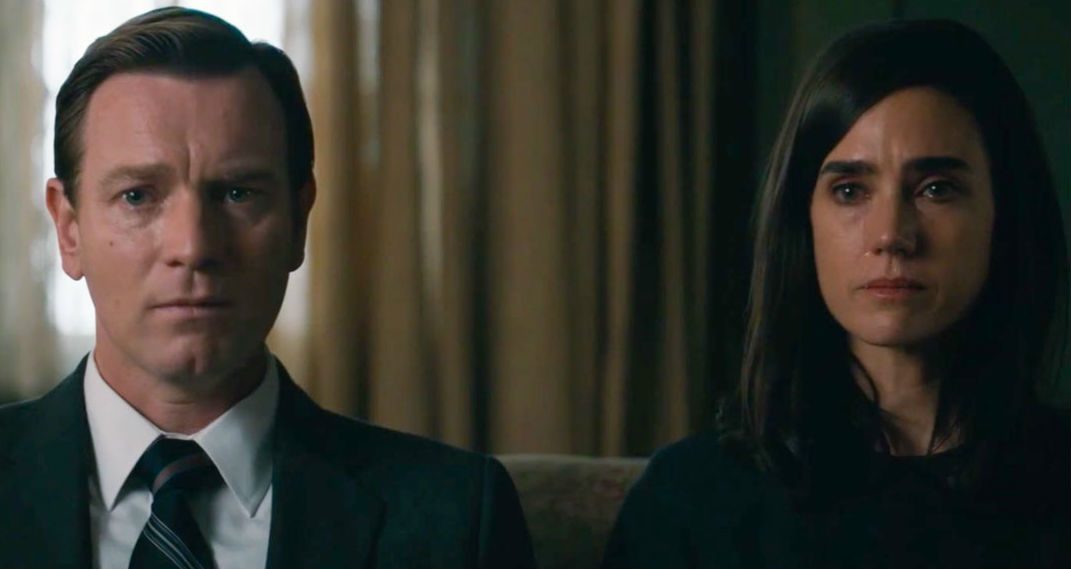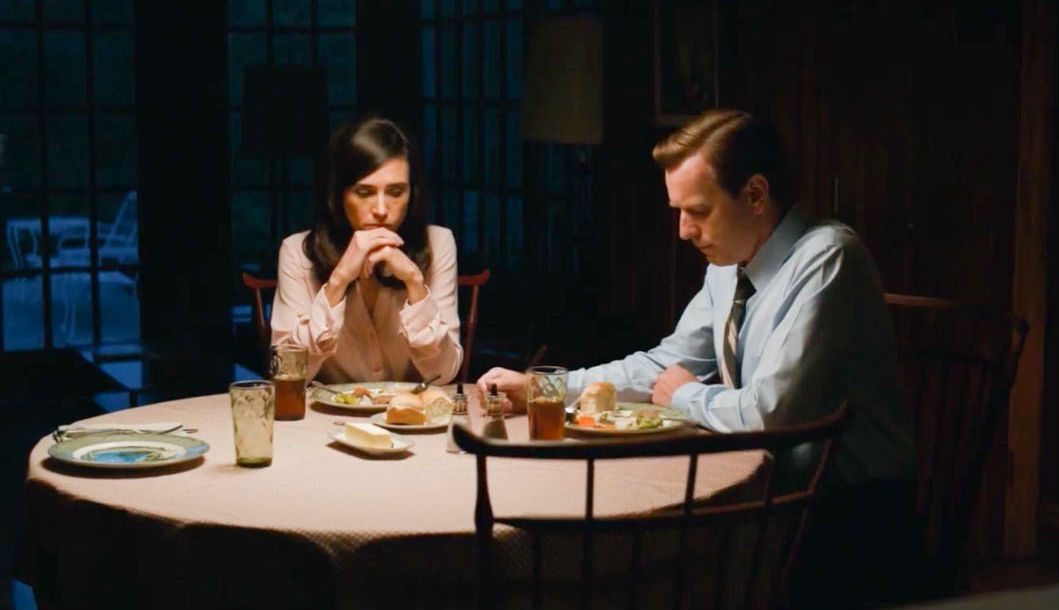SUMMARY
This is AI generated summarization, which may have errors. For context, always refer to the full article.

Ewan McGregor’s American Pastoral functions not as a companion piece to the Pulitzer Prize-winning Philip Roth novel it is adapted from.
It is more a straightforward and stubbornly reverent copy, an elegantly and cinematically crafted but emotionally dim staging of the novelist’s narrative on the deterioration of American virtues. It adds very little by way of McGregor’s personal insight.
Words and visuals

American Pastoral is framed exactly like the novel, where writer Nathan Zuckerman (David Strathairn) reminisces on the life of Swede Levov (McGregor). Levov is the seeming poster boy of America, whose inability to cope with his country’s bruised politics ruins both him and his family.
McGregor’s film opens with a narration that utilizes Roth’s impressive prose, which, when delivered by Strathairn, grants the film an air of erudite richness.
Sadly, the filmmaking during the film’s supposedly elegiac opening doesn’t quite match the pained and perceptive nostalgia of Roth’s words.
McGregor clumsily weaves in scenes where Strathairn ponders while looking at dusting memorabilia with black-and-white clippings from the remembered era. Instead of trusting the cadence of Roth’s scripture, the film bluntly parades political turmoil through borrowed footage, cluttering what could have been a one-note but graceful opening.
Lacking soul and intent
American Pastoral somewhat improves, at least, in terms of consistency as soon as it concentrates on chronicling Swede’s story.
The film breezes through the honeymoon stage of Swede’s life, wherein he weds former beauty queen Dawn (Jennifer Connelly) and raises their stuttering daughter (Dakota Fanning). It slows down to focus on their daughter’s deliberate involvement with extremist forces, which plunges Swede and Dawn into a domestic quagmire where there seems to be no escape.
Screenwriter John Romano oversimplifies Roth, with McGregor settling for broad strokes and emotion. As a result, the narrative is turned into a domestic melodrama with literary roots that has its subtle charms, but is ultimately just forgettable. The film essentially transforms Roth’s tapestry of American doubts and woes into something that is narratively recognizable but lacks the same soul and intent.
It isn’t just McGregor’s directing that lacks scope and ambition. His performance as Swede is also very problematic; it doesn’t add any dimension to the story. He doesn’t change. He neither represents the troubled America that his character is supposed to evoke nor assist in the emotional trajectory of the plot. He’s just a shell.
Arduous task

The least that McGregor could have done in his task of translating Roth’s novel into a film is to adjust it, make it his own, instead of playing relying too earnestly on the strengths of the classic. Sadly, his loyalty to the text is greater than his artistry, resulting in a film that pales in comparison. – Rappler.com

Francis Joseph Cruz litigates for a living and writes about cinema for fun. The first Filipino movie he saw in the theaters was Carlo J. Caparas’ ‘Tirad Pass.’ Since then, he’s been on a mission to find better memories with Philippine cinema.
Add a comment
How does this make you feel?
There are no comments yet. Add your comment to start the conversation.